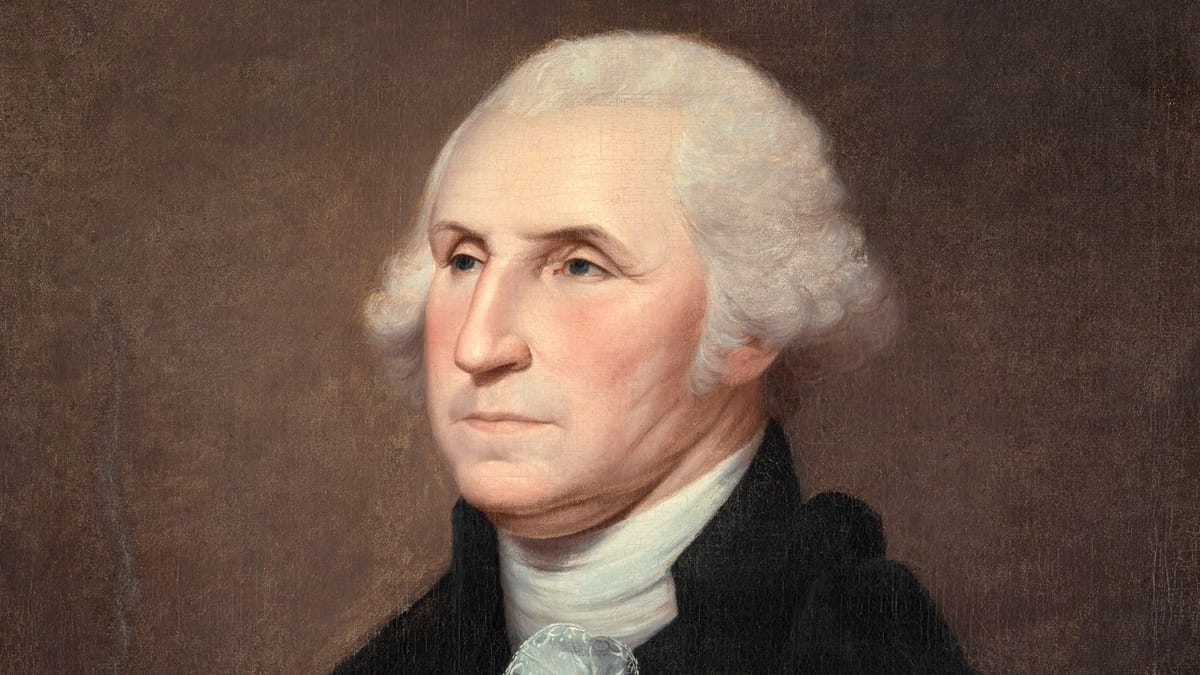George Washington: The Founding Father of the United States

George Washington, born on February 22, 1732, in Westmoreland County, Virginia, is often referred to as the "Father of His Country." As the first President of the United States, a commanding general of the Continental Army, and a key architect of the American republic, Washington's contributions were pivotal in shaping the nation's early foundations. His leadership, vision, and unwavering commitment to the principles of liberty and democracy have cemented his legacy as one of the most significant figures in American history.
Early Life and Military Beginnings
George Washington was born into a family of planters and received an education appropriate for his class, but he was largely self-taught. His early career was marked by his work as a surveyor, a profession that took him to the frontier and exposed him to the rugged realities of colonial life. This experience would later prove invaluable in his military career.
Washington's first significant military experience came during the French and Indian War, where he served as a lieutenant colonel in the Virginia militia. His bravery and leadership in battles such as the Battle of Fort Necessity and the Battle of Monongahela earned him a reputation as a capable and resilient leader, despite mixed outcomes.
The American Revolution
Washington's role in the American Revolution was crucial. In 1775, the Second Continental Congress appointed him as the Commander-in-Chief of the Continental Army. Washington's leadership was instrumental in sustaining the revolutionary cause through difficult periods, including the harsh winter at Valley Forge and the numerous setbacks against the better-equipped British forces.
- Battle of Trenton (1776): One of Washington's most famous victories came after crossing the icy Delaware River on Christmas night. The surprise attack on the Hessian forces at Trenton boosted American morale and reinvigorated the revolutionary effort.
- Victory at Yorktown (1781): Washington's strategic acumen was pivotal in the Siege of Yorktown, where, with the aid of French allies, he secured the surrender of British General Cornwallis. This decisive victory effectively ended the Revolutionary War and ensured American independence.
The Constitutional Convention and Presidency
After the war, Washington retired to his estate at Mount Vernon, but his sense of duty soon called him back into public service. Recognizing the weaknesses of the Articles of Confederation, Washington presided over the Constitutional Convention in 1787, where his leadership and support were critical in the drafting and adoption of the U.S. Constitution.
Elected unanimously as the first President of the United States in 1789, Washington set numerous precedents that would shape the presidency and the new nation. His leadership was characterized by his commitment to republican principles and a careful balancing of competing interests.
- Formation of the Cabinet: Washington established the executive cabinet, appointing leaders like Thomas Jefferson and Alexander Hamilton, whose differing views helped define early American policy and political discourse.
- Neutrality Proclamation (1793): Amid the conflict between Britain and France, Washington issued the Neutrality Proclamation, emphasizing the importance of non-involvement in European wars and setting a precedent for American foreign policy.
- Farewell Address (1796): In his farewell address, Washington warned against political factions and foreign alliances, advice that has resonated throughout American history.
Legacy and Impact
Washington's legacy is profound and multifaceted. His leadership during the Revolution and his presidency laid the groundwork for the United States' political system and governance.
- Symbol of Unity: Washington's ability to unite disparate factions and his refusal to become a monarch-like figure established a tradition of civilian leadership and democratic governance.
- Voluntary Relinquishment of Power: By stepping down after two terms, Washington set a vital precedent for the peaceful transfer of power, reinforcing the principle of democratic rule.
- National Hero and Icon: Washington's life and achievements have been celebrated in countless ways, from the naming of the nation's capital, Washington, D.C., to his depiction on currency and monuments.
Conclusion
George Washington's contributions to the founding and shaping of the United States are unparalleled. His leadership in war and peace, his role in drafting the Constitution, and his exemplary presidency have left an indelible mark on the nation's history. Washington's vision, integrity, and dedication to the principles of liberty and democracy continue to inspire and guide the United States, affirming his legacy as the "Father of His Country."



